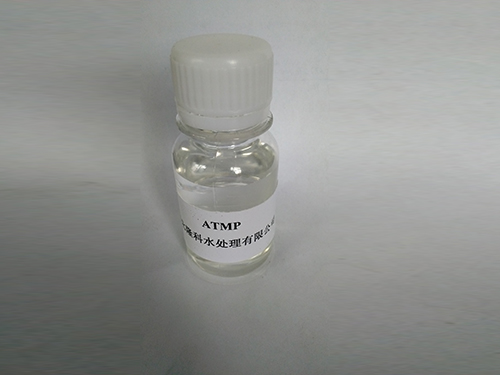Pharmacy is a comprehensive applied technological science that studies the basic theory, prescription process, preparation process, quality control, and rational use of pharmaceutical preparations.
The legal responsibility of a pharmacist is to provide drugs to the public in accordance with regulations. The responsibility of a pharmacist is to collect, analyze, use, transmit, and forward drug information, and conduct physiological and chemical experiments on drugs.
In addition, during the learning process, one should also have an understanding of legal knowledge in business and professional areas. After obtaining approval from the National Medical Products Administration, most pharmacists become licensed pharmacists or work as pharmacists in public pharmacies. In addition, there are also some other employment opportunities, such as entering hospitals, pharmaceutical industry, testing institutions, federal defense forces as ambulance doctors, public administration agencies, universities, cosmetics production industry, bathing industry, plant protection and fertilizer production industry, etc.

Professional settings in comprehensive universities
Standard academic system: 8 semesters.
Basic stage learning (4 semesters): Lectures, discussion courses, and practical experience in general chemistry, inorganic chemistry and organic chemistry, drug biology and human biology, physics, physical chemistry and drug morphology, drug analysis, and other disciplines. In the basic research stage, an 8-week hospital clinical internship must be completed in spare time under the guidance of a pharmacist.
Professional stage learning (4 semesters): Develop and deepen pharmaceutical knowledge in the following disciplines: pharmacy/medical chemistry, drug biology, pharmaceutical technology/biopharmaceuticals, clinical pharmacy and pharmacology, and toxicology (pharmacology and hazardous substances).
Practical training: After graduating from university, students will participate in a six-month public pharmacy training, followed by the following six months. However, there are many options for training locations, such as public pharmacies, pharmaceutical companies, hospital pharmacies or German Defense Force pharmacies, university institutions or other corresponding scientific research institutions (including similar machines from the German Defense Force) or drug testing institutions.
Graduation degree: Staatsexamen. The first and second exams were completed during university studies, while the third exam was conducted after practical training.
Continuing Education: After passing the second national exam, you can apply to some comprehensive universities to continue studying "Diplom Pharmaceuticals" and obtain a degree from "Diplom Pharmaceuticals University/Institute of Technology". The University of Bonn provides continuing education courses for students who have passed the second national pharmacy examination, and students can obtain a master's degree ("Master of Drug Control Affairs").

Address:No.3 North Haohua East Road, Industrial Park, Neiqiu County, Xingtai City, Hebei Province
Website:www.longkehg.com